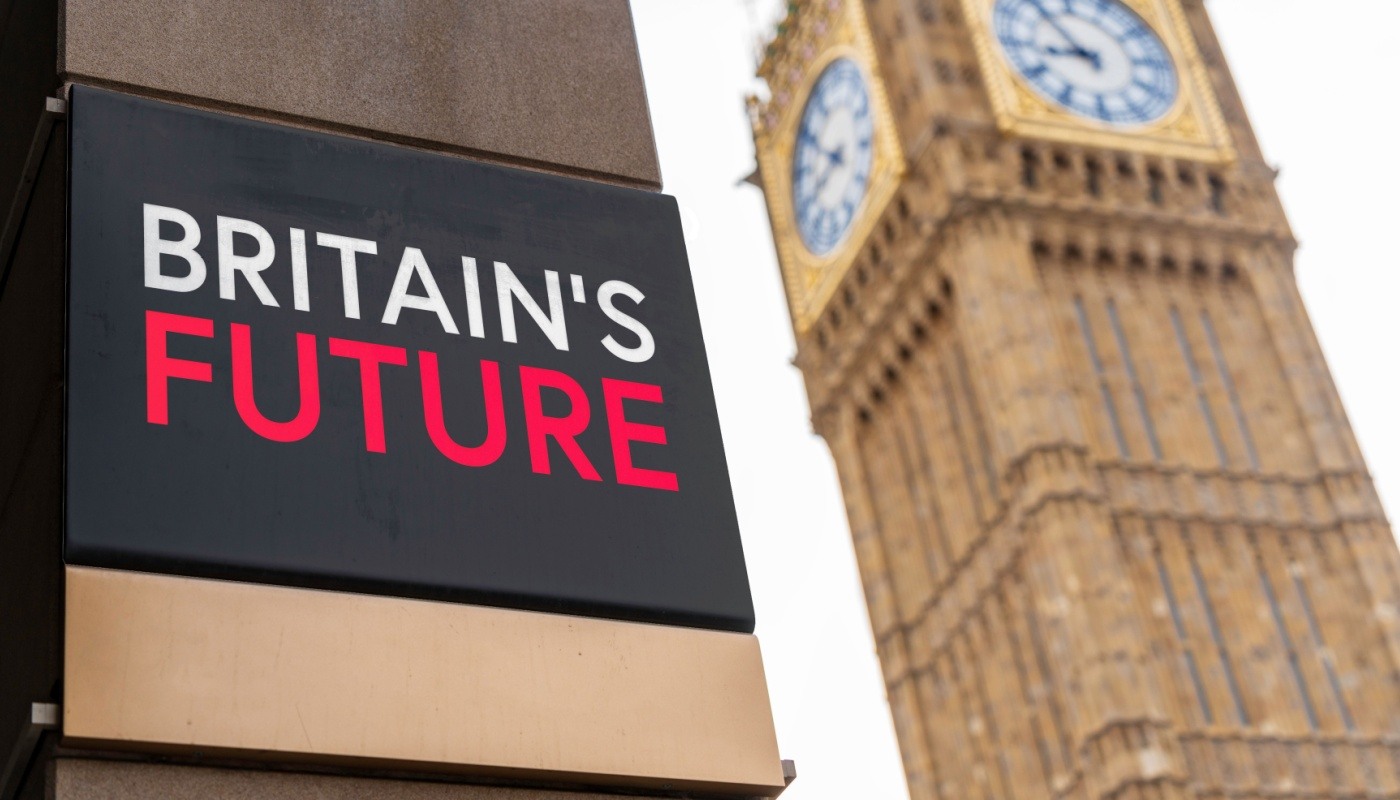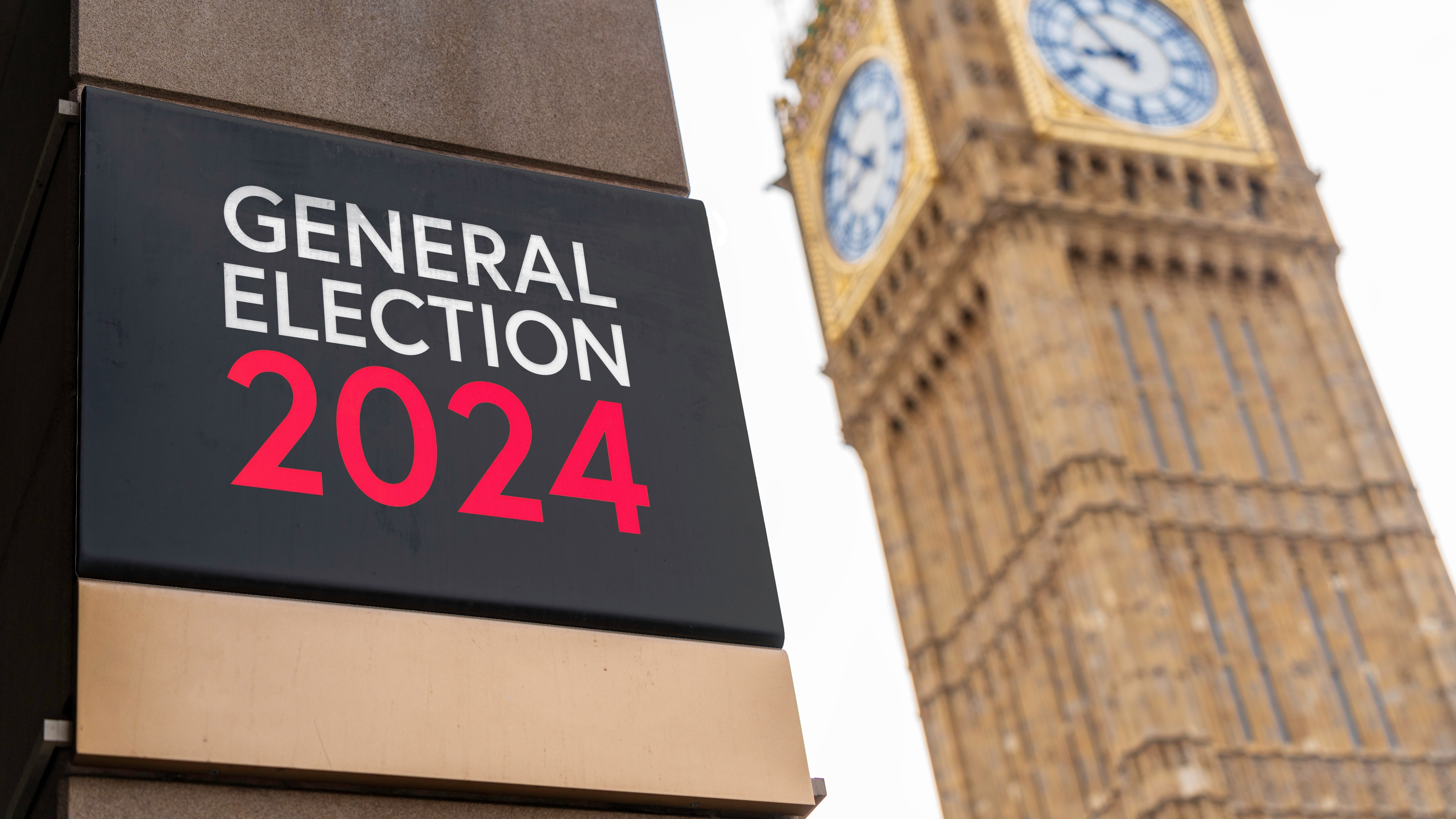New York’s Case Against Airbnb Is Argued in Albany
by Inline Policy on 24 Apr 2014
There was no room for agreement, and no agreement about rooms, in court on Tuesday in Albany.
The stewards of the sharing economy think regulators should invent new rules to accommodate their innovative business practices. Regulators think these companies and their customers should accommodate themselves to the old laws.
The clash, which is playing out in many cities, is driving an increasingly acrimonious dispute between New York regulators and Airbnb, the largest apartment-sharing company.
Eric T. Schneiderman, the New York attorney general, has issued a subpoena for Airbnb’s list of hosts in New York City because he thinks some of them are breaking the law. It is illegal in New York to rent out an apartment for less than 30 days.
Airbnb sees this as a fundamental attack on its very existence because much of what it offers in New York is short-term rentals in apartment buildings.In the media and again in court on Tuesday, Airbnb tried to make this a case of unwarranted government snooping. Roberta A. Kaplan of Paul, Weiss, Rifkind, Wharton & Garrison, which is representing the company, criticized the government’s subpoena for its “extreme and incredible scope.” The government wants users’ names, emails, the address of the rental, the dates and the amount charged, she told the judge, Gerald W. Connolly of the Albany County Supreme Court.
“This is private information,” Ms. Kaplan said. “Confidential information.” She said an investigation of Airbnb hosts could drag their guests into the light unwillingly.
“Imagine a person traveling to New York City for a private reason,” she said. “Maybe they’re applying for a job and don’t want their employer to know. Or they have a form of cancer, and they don’t want people to know.”
The subpoena was filed last fall, and until recently it seemed there would be a deal. Then, over the last few days, the issue exploded into acrimony, mostly on Airbnb’s side. But the company also scrubbed its site Monday of numerous New York hosts, including those that Mr. Schneiderman seemed most interested in — the ones offering dozens of apartments.
Karla G. Sanchez, the executive deputy attorney general for economic justice, argued the case for the state. She said the reason the state wanted a list of all the hosts in New York was because “We believe that there are people who are using more than one ID.” Asked by the judge if the subpoena was too broad, Ms. Sanchez said, “We’re happy to limit the subpoena in a way that is not burdensome.”
Judge Connolly seemed genuinely interested in the two sides making a deal. Before the hearing began, he met with the lawyers in his chambers. After the hearing, he invited them back into chambers again.
They did not accept the invitation.
“We’re all tired,” Ms. Kaplan said. “We’re going home.”
Afterward, spokesmen for each side issued statements condemning the other.
“Despite all of Airbnb’s rhetoric, the company has never denied that substantial illegal activity is taking place on its site,” said Matt Mittenthal, press secretary to Mr. Schneiderman. “To the contrary, Airbnb decided before our hearing to remove 2,000 listings posted by ‘bad actors’ — hardly isolated cases.”
David Hantman, head of global public policy for Airbnb, appealed to deep fears of some New Yorkers, saying the metropolis could be left behind by places that don’t even have a Bloomingdale’s or Zabar’s.
“Cities like Paris, Amsterdam and Hamburg are embracing the sharing economy and New York shouldn’t be stuck playing catch-up,” he said.
The judge gave no indication of when he would issue a ruling.
Source: The New York Times
Topics: UK business







Comments